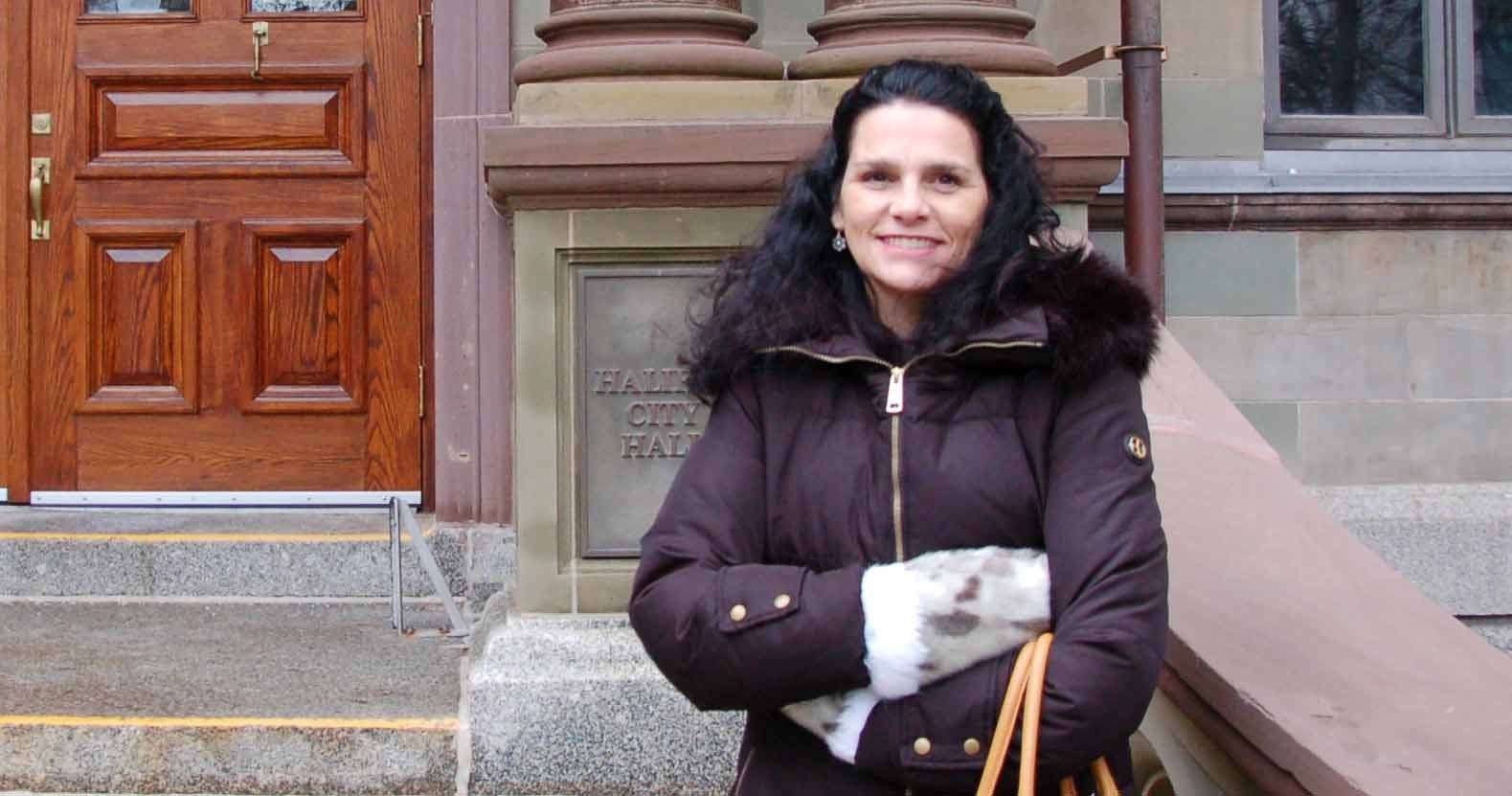
They say timing is everything—well now is the time for the urban aboriginal community to begin to develop a new relationship with Halifax Regional Council and the citizens of HRM. With a new year on the way, the possibilities are endless.
On December 8, 2015 the mayor presented a Statement of Reconciliation to council which recognized the traumatic impact that Canada’s Indian Residential Schools have had and still have on aboriginal people, their families and communities. I view the statement as potentially being the catalyst to begin to build a mutually beneficial relationship with the urban aboriginal community. It must be one that is based on genuine commitment to learn from the lessons of the Truth and Reconciliation Commission—to work with us to bring about the real change that is needed.
It is an opportunity for the city to work with organizations like the Mi’kmaw Native Friendship Centre to help in the reconciliation process. It is an opportunity to build meaningful partnerships and to help educate people about the TRC so that they have a better understanding of the impacts of Residential Schools and the impact of the Indian Act, which I believe will begin to break down the barriers and stereotypes that aboriginal people experience on a daily basis. The opportunities are truly endless, if there is a genuine commitment.
The Halifax urban aboriginal community knows and feels the impact of residential schools every day. As an aboriginal person working for the Mi’kmaw Native Friendship Centre, I feel it—we live it and we deal with it every day. I believe that for someone to respect the impact one must understand the impact.
Some of the questions that need to be asked are: What is understood by the non-aboriginal community? What can we do to help people better understand? What do residential schools mean to the non-aboriginal community? What does reconciliation mean?
I believe education is the first and most crucial aspect of reconciliation. The real history of Canada must be told. Then, and only then, can we all heal. The impacts will take generations to heal. One must understand that the path will not be easy. There will be twists and turns. We realize some will choose to turn their backs on the truth and will opt out of the journey ahead of us. We must be brave and continue to follow the path.
We need to love and trust in one another for true healing to begin. When working towards truth and reconciliation we must have humility and respect for each other to move past the deep traumatic impact of residential schools. This can be achieved with understanding all our pasts.
After all, I believe we all want the same things. We all want affordable housing, food security, healthy lifestyles, sustainable employment opportunities and a safe environment to live in and to be treated with respect.
I want to thank councillors Jennifer Watts, and Waye Mason, and mayor Savage for their courage and their understanding. It is because of them that this Statement of Reconciliation has come to pass for Halifax and the urban aboriginal community. A new year and a new beginning: The opportunities are endless.
Wela’lin—thank you
